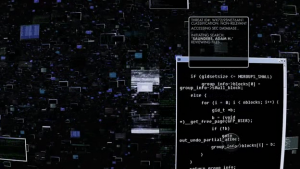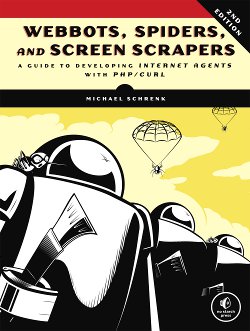As a protocol geek I love working in my open source projects curl, libssh2, c-ares and spindly. I also participate in a few related IETF working groups around these protocols, and perhaps primarily I enjoy the HTTPbis crowd.
Meanwhile, I’m a consultant during the day and most of my projects and assignments involve embedded systems and primarily embedded Linux. The protocol part of my life tends to be left to get practiced during my “copious” amount of spare time – you know that time after your work, after you’ve spent time with your family and played with your kids and done the things you need to do at home to keep the household in a decent shape. That time when the rest of the family has gone to bed and you should too but if you did when would you ever get time to do that fun things you really want to do?
IETF has these great gatherings every now and then and they’re awesome places to just drown in protocol mumbo jumbo for several days. They’re being hosted by various cities all over the world so often I deem them too far away or too awkward to go to, also a lot because I rarely have any direct monetary gain or compensation for going but rather I’d have to do it as a vacation and pay for it myself.
IETF 83 is going to be held in Paris during March 25-30 and it is close enough for me to want to go and HTTPbis and a few other interesting work groups are having scheduled meetings. I really considered going, at least to meet up with HTTP friends.
Something very rare instead happened that prevents me from going there! My customer (for whom I work full-time since about six months and shall remain nameless for now) asked me to join their team and go visit the large embedded conference ESC in San Jose, California in the exact same week! It really wasn’ t a hard choice for me, since this is my job and being asked to do something because I’m wanted is a nice feeling and position – and they’re paying me to go there. It will also be my first time in California even though I guess I won’t get time to actually see much of it.
I hope to write a follow-up post later on about what I’m currently working with, once it has gone public.



